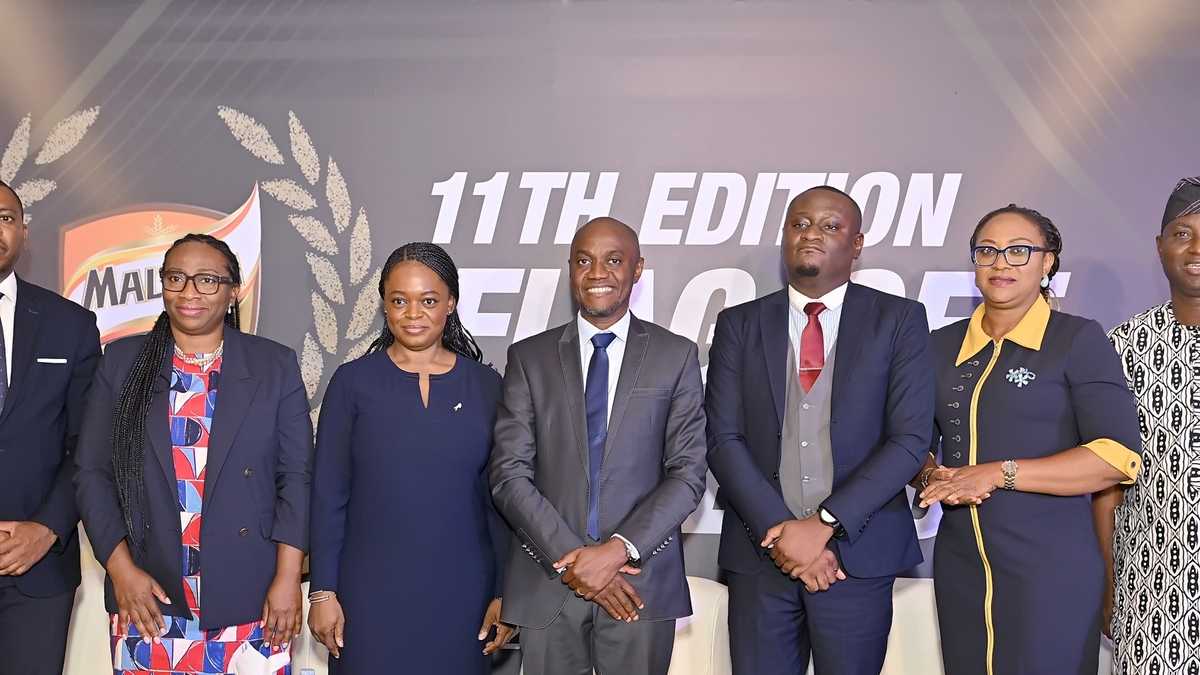Authors Advocate for Limiting AI Use in Publishing

A collective of prominent authors, including literary figures such as Lauren Groff, Lev Grossman, R.F. Kuang, Dennis Lehane, and Geoffrey Maguire, has issued an open letter urging book publishers to commit to strict limitations on their use of artificial intelligence (AI) tools. The letter highlights significant concerns over the ethical implications of AI's burgeoning role in the publishing industry, particularly its impact on authors' livelihoods and intellectual property.
The core of the authors' argument centers on the contention that their creative work has been illicitly appropriated by AI companies. The letter starkly states, “Rather than paying writers a small percentage of the money our work makes for them, someone else will be paid for a technology built on our unpaid labor.” This sentiment underscores a growing anxiety among creators about the economic exploitation and devaluation of human artistic endeavor in the age of AI.
Among the key demands outlined in the open letter, authors are calling for publishers to make several concrete pledges. These include a commitment to exclusively employ human audiobook narrators, ensuring that the human voice remains central to auditory book experiences. Furthermore, they demand a pledge that publishers will “never release books that were created by machine,” thereby preserving the authenticity and human authorship of published works. The letter also advocates against the displacement of human employees by AI, urging publishers “not replace their human staff with AI tools or degrade their positions into AI monitors,” emphasizing the importance of human roles within the industry.
The initiative has garnered substantial support since its initial publication. While the preliminary list of signatories already boasted an impressive array of esteemed writers, NPR reported a rapid surge in endorsements, with an additional 1,100 signatures appended within the first 24 hours of the letter's release. This swift accumulation of support indicates a widespread concern among the writing community regarding AI's potential ramifications.
Concurrently with this advocacy, authors have also pursued legal avenues against technology companies, filing lawsuits over the alleged use of their copyrighted books to train AI models without consent or compensation. However, these legal battles have encountered recent setbacks, as federal judges delivered “significant blows” to these ongoing lawsuits earlier in the week. This development underscores the complex and evolving nature of intellectual property rights in the digital age, particularly as AI technologies continue to advance and reshape various industries, including publishing.











